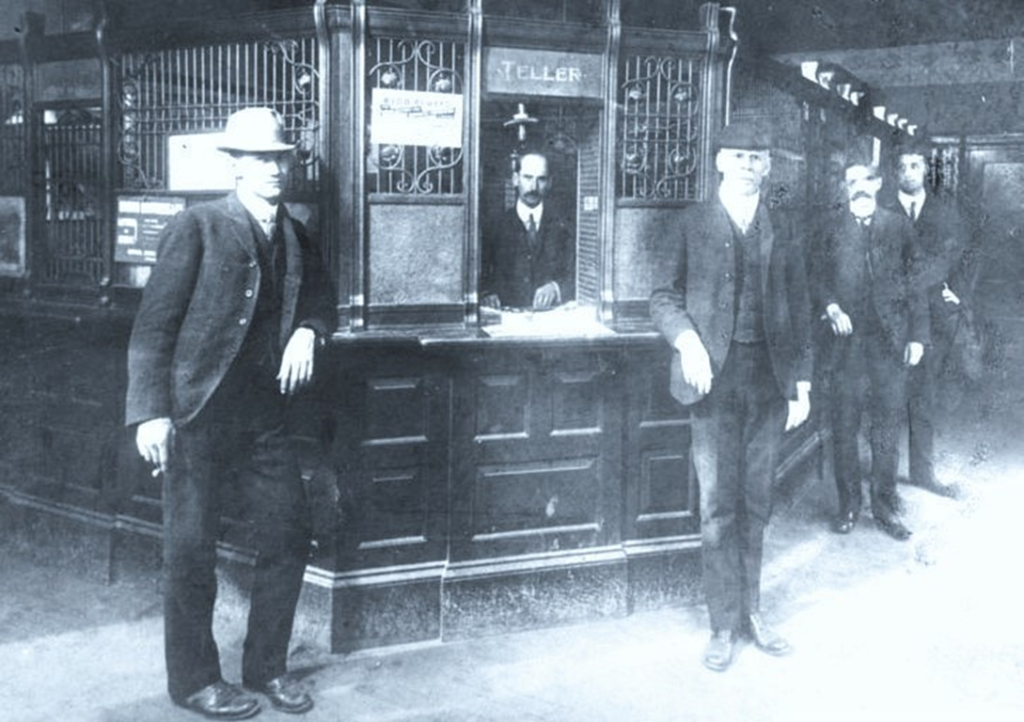I have been watching the government bank inquiry on TV with great interest. For those of you who would rather watch paint drying – congratulations, a much wiser choice!
Sadly for me, a long involvement in the financial world somehow drew me to this particular inquisi- tion with at least a modicum of enthusiasm. I can certainly assure you though, that witnessing a Q&A with the CEO’s of our big four banks could not be classed as even minutely entertaining, but it certainly does shine a light on some of the more cavalier behaviours of their institutions.

The litany of issues as outlined covered just about every indiscretion one could possibly achieve within the walls of a bank! But thankfully all the CEO’s apologised profusely for this past behaviour, which, no doubt, has immediately made up for all the lost money, anguish and wasted time they had put their customers through.
So what has 3 days of watching this spectacle achieved? Here’s a few observations –
You get what you pay for. Not in the banking world, that’s for sure. As evidenced in this inquiry, one of the banks was forced to refund an astounding $30 million charged for advice that was actually never, ever delivered. And this was just one instance of what turned out to be many similar occurrences.
Large financial institutions have their interests aligned with yours. Many clients assume that their financial advisor has their interests aligned with those of the investor. But the reality is it seems, is that institutions are designed around the best interests of their shareholders and the company. Most advisors, up until recent legislation changes, had always advocated an asset accumulation approach whose sole purpose was to maximise recurring fees rather than provide any benefit for the client.
You need to invest with a household name We all know these banks are certainly big household names. You’ve seen the commercials and heard the pitches. And we’re inclined to believe that by having our money invested with these big ‘names’ that it is not only safer, but managed more appropriately. The reality , as we have learned, is that these institutions can act just as incompetently, just as dishonestly and just as selfishly as any, one person ‘show’ operating from the passenger seat of their car.
Thankfully, the’ leopards’ are starting to change their spots but only as a result of the heightened scrutiny they find themselves under. The overriding excuse used by all the CEO’s when confronted with these behaviours, was the ‘loose cannon’ defence.
So rather than blame a rotten corporate culture, they chose to blame individuals, whose actions, we were told, were totally out of sync with the vast majority of their staff.
Wow, how unlucky I say. Here are the four largest banks in Australia and, through no fault of their own, had randomly selected and employed an incredibly large number of ‘loose cannons’ whose sole aim as an employee was to act dishonestly to the complete detriment of their clients. Who would have guessed?
My advice; always be fully involved with your investing decisions, and should something not seem quite right, don’t automatically accept it just because the bank said so.

